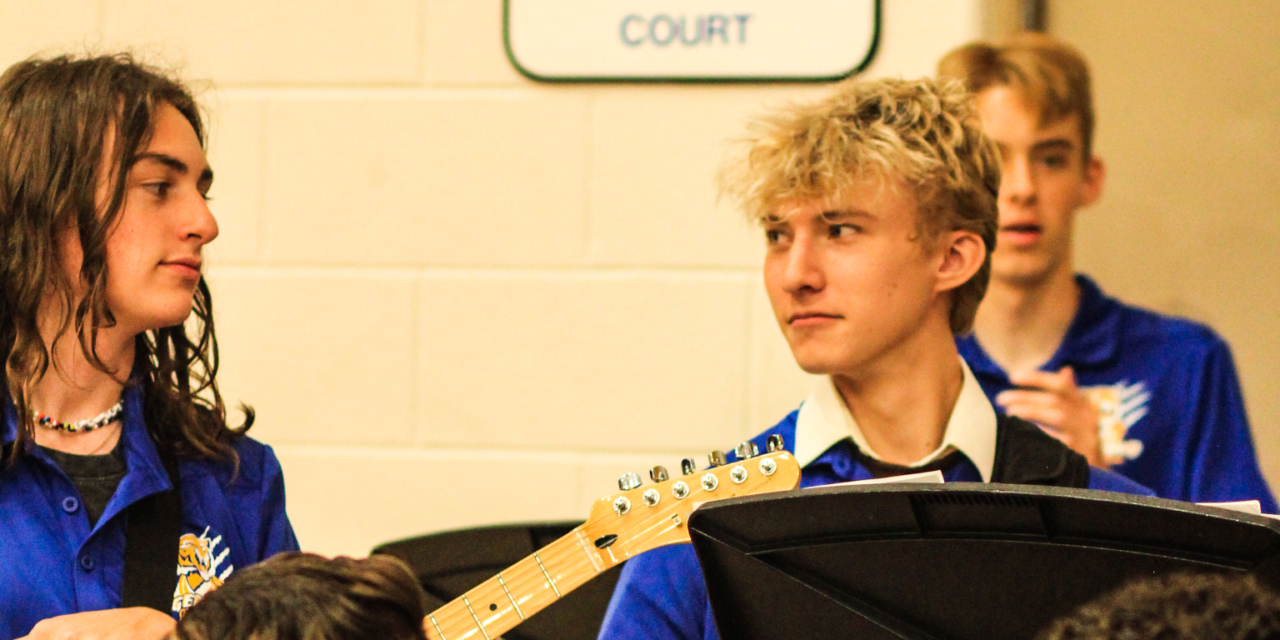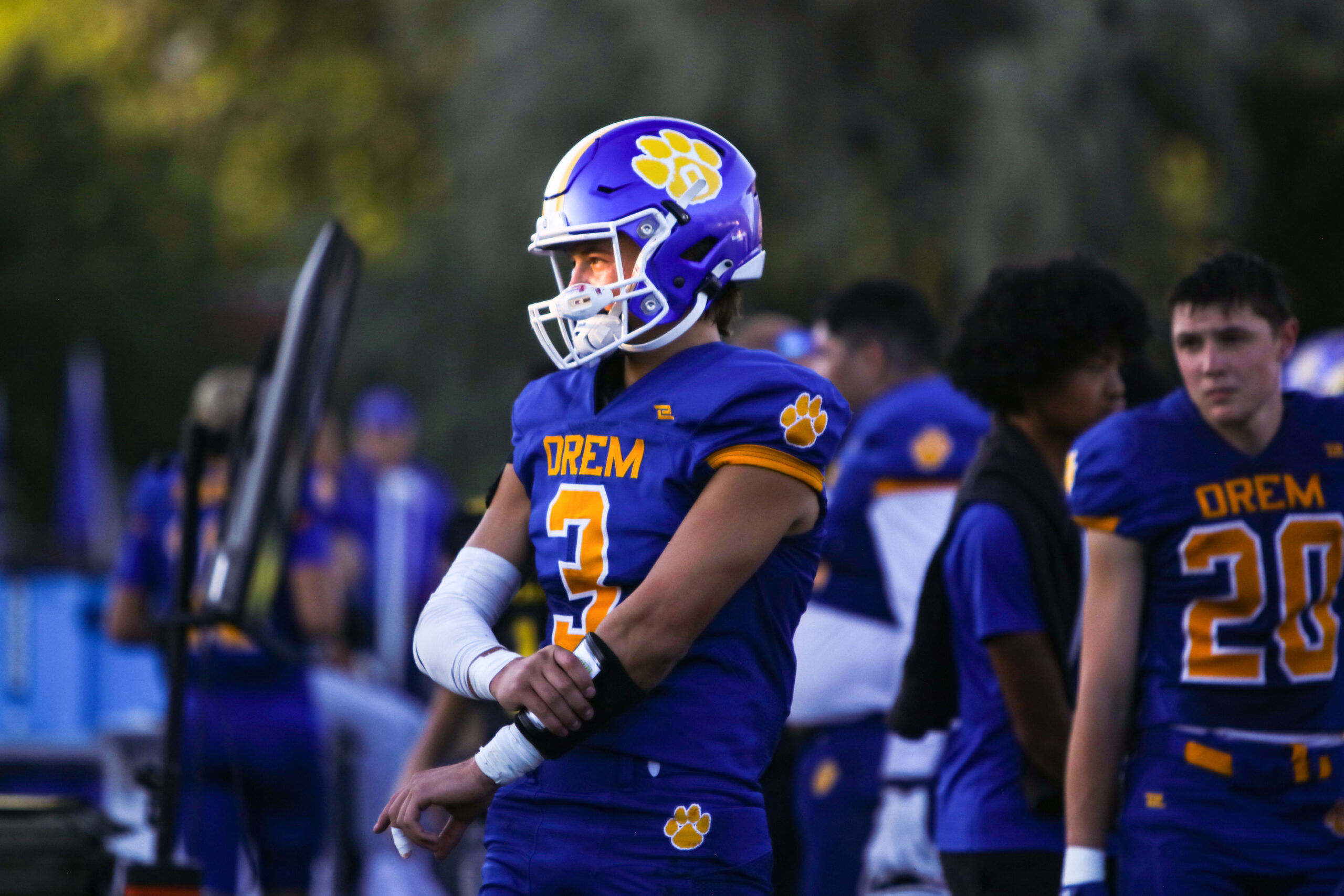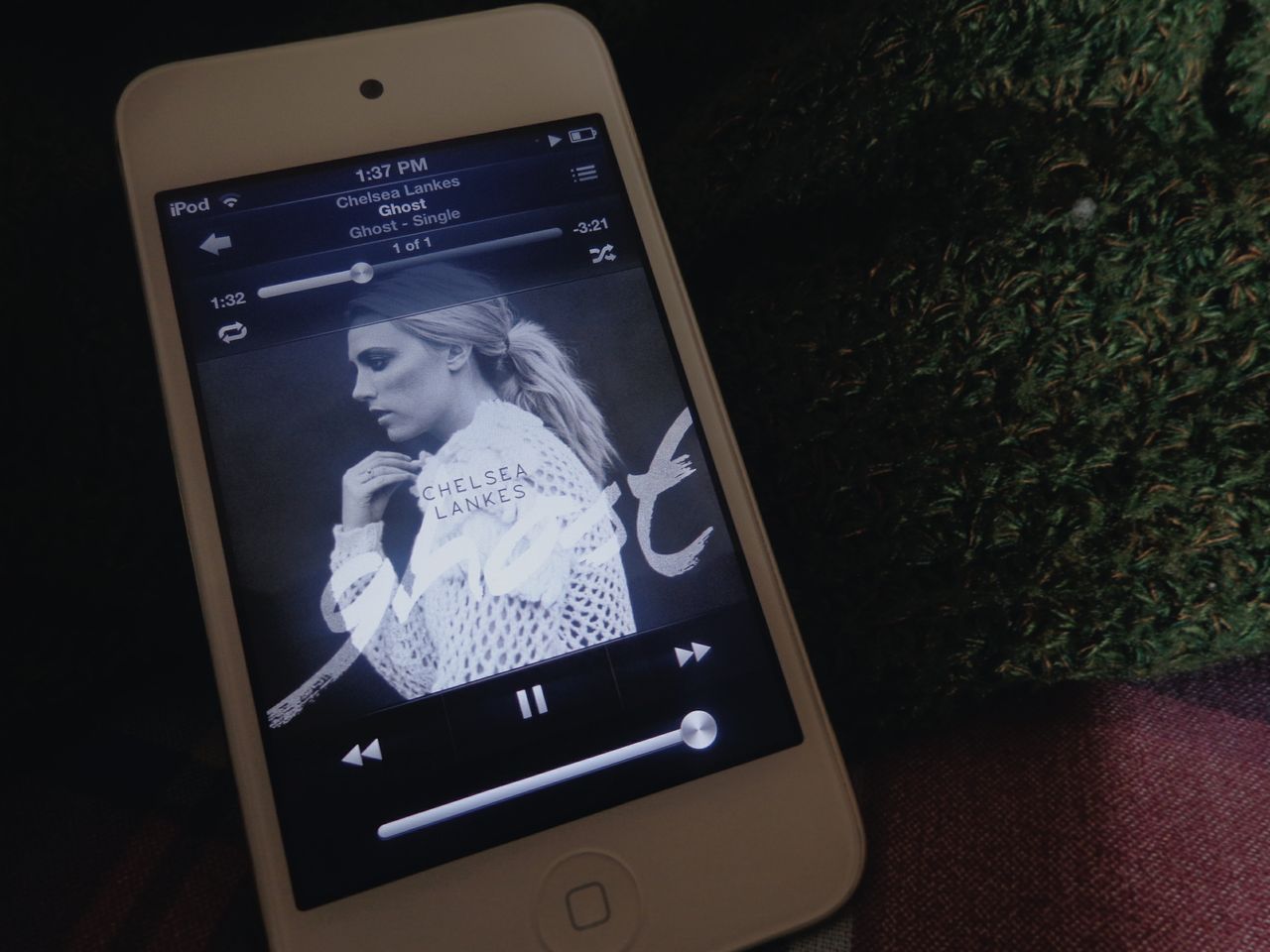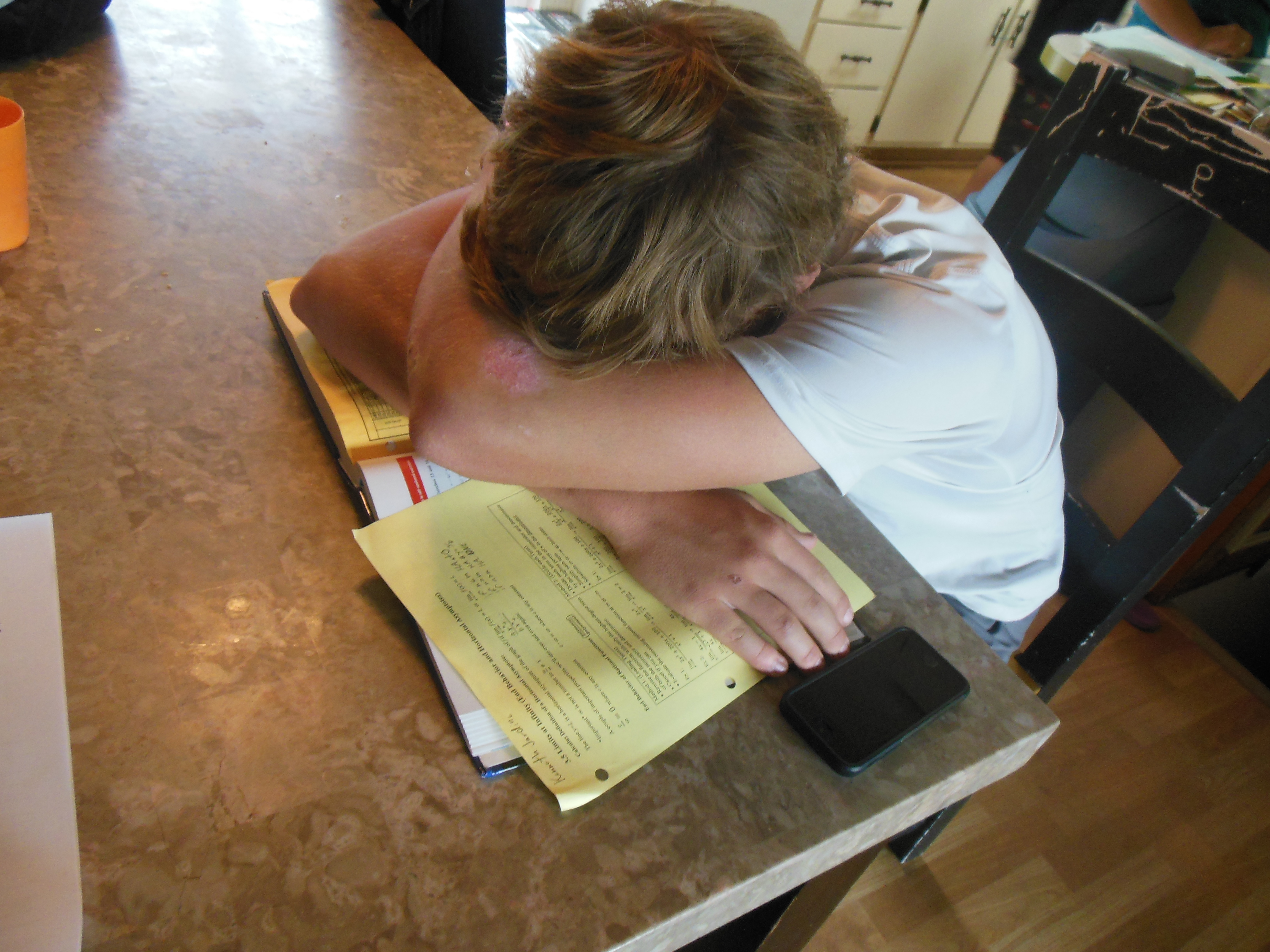The lights in the audience go dark, leaving you blinded in the spotlight. The percussion starts beating, your heartbeat echoing in rhythm. You take a deep breath, step up to the microphone, and shut your eyes tightly. You have no script, no safety net. This is your chance to show the crowd how you feel, using nothing more than your fingers, lips, and rhythm.
This is the thrilling world of Jazz Improvisation. Now, what exactly does it mean to improvise in music? Spencer Johnson, a senior trumpet player, considers improvisation to be “a way that you can express your ideas and learn like a language.” To improvise, you first need to ‘feel out’ the song –like dipping your feet into the water before getting in– before you can start playing the notes and rhythms that come to you.
As for the contents of the solo, “it depends on the person. I like to be able to take it home for like a day and get the feels for it and then I can play something. I kind of just hear something in my head, and it’s usually just chromatic scales,” said Gina Rex, a junior trombone player. As jazz improvisation is an art form, performance styles vary heavily from student to student at OHS. When asked about her duet with Joseph Chumpitaz (also a junior trombonist) at last year’s state festival, Gina remarked that it was like “a conversation. It was cool because Joseph is really good at like these really fast [riffs], but I don’t like doing that –like eighth notes and things– but I think they sound cool, so it was cool how it sounded fast and then slower and then fast and then slower.”
“ This is my art; I can make it whatever I want.“
Like any live performance, it’s common to be stricken with anxiety before sharing your solo. For Sam Walker, a junior trumpet player, the experience of jazz band is described as “nervewracking… but kind of interesting, too.” Sam, having only just started to learn the trumpet, is especially daunted by the task of learning to improvise not only on stage, but also in front of their talented peers.
Performance anxiety can strike even the most seasoned musicians at some point in their journey. Joseph Chumpitaz, one of the most confident soloists here at OHS, said, “the first time I ever showed up on a stage, I was like, ‘oh my gosh there’s all these people here’, and I’d never been in front of a crowd before, so I was so nervous; I was shaking. But then I realized mid-performance [that] I just let the music take me away. I was scared, but ‘all these people are scared with me, so it doesn’t matter.’ They’re cheering me on, and I’m cheering them on, and it’s great.”
So how do our performers manage their anxiety? While Spencer is still hit by the wall of nerves before a performance, he claims to have ‘softened the blow’ by performing frequently, and embracing the mindset of: “hey, I’m soloing, maybe no one will like it, I don’t care. This is my art; I can make it whatever I want.”
Gina, on a similar note, stated that “if you compare yourself to others, it [stops being] enjoyable and fun, but if you just enjoy it and have fun with it, it’s a party.”
Joseph contributes his strategy: “I’ve found [that the] best solos I’ve played were when I stopped thinking completely and just enveloped myself in the music.” He suggests, “think about the music and what would be the best thing to sing along with it.”
In the end, jazz improvisation is not just about playing the right notes and rhythms; it’s about expressing yourself musically, and, as Joseph puts it, even for your “emotions that can’t be expressed with words, it becomes an outlet for those words that you can’t say verbally.”









